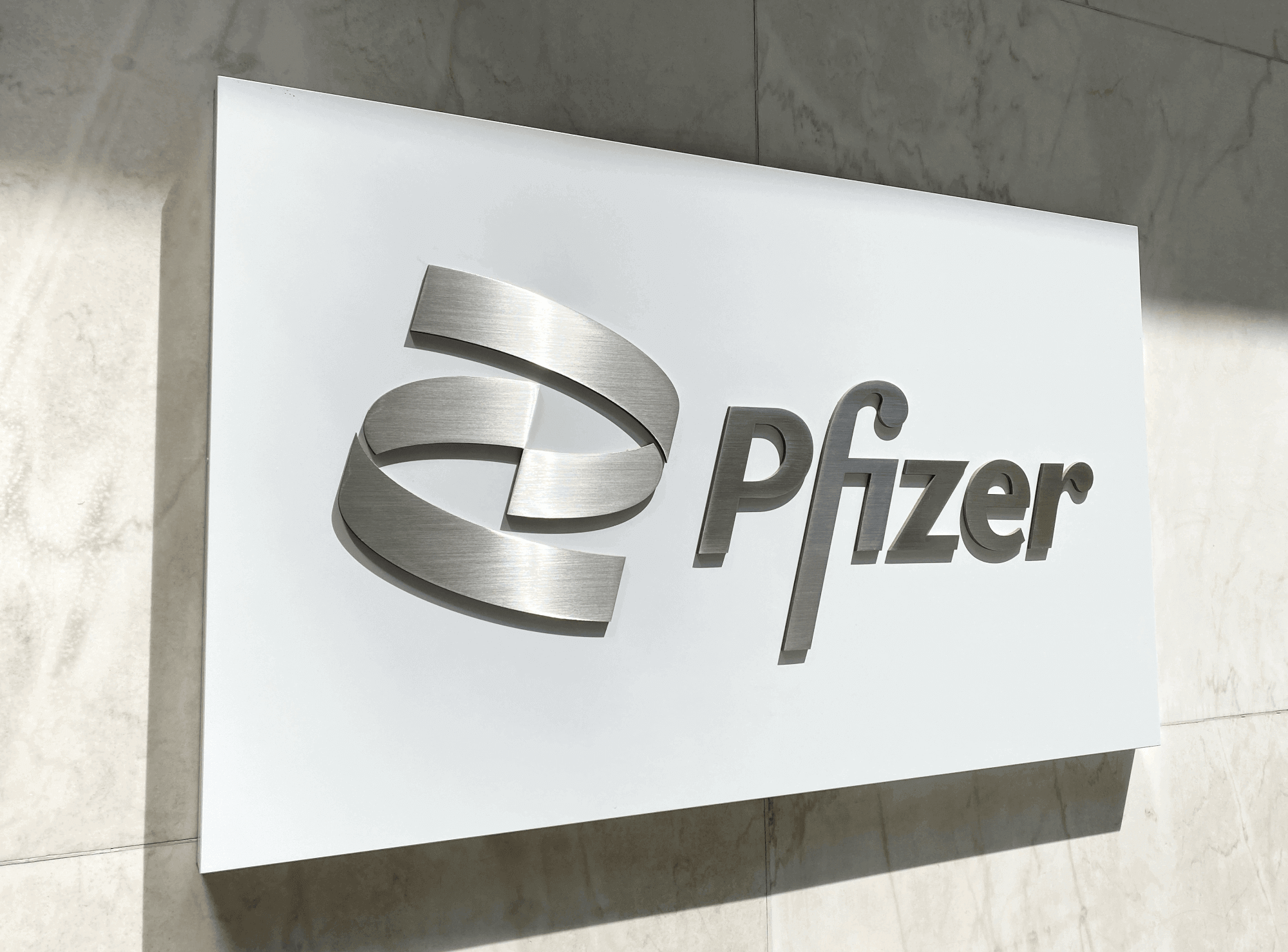The global pharmaceutical sector is facing new challenges as the US administration under President Trump signals a hard stance on imported medications. While Indian generic drug exporters have so far avoided direct tariff action, the persistent threats are keeping the industry on edge. Against this backdrop, many investors are beginning to shift their attention to multinational pharma companies operating in India, which are largely insulated from US related risks.

Indian generic pharma exporters such as Lupin, Cipla and Dr Reddy’s Laboratories continue to post impressive numbers, driven by their US market operations. Lupin’s consolidated income from operations rose nearly 12 percent year on year to over Rs 6,163 crore in the June 2025 quarter, while net profit surged by more than 50 percent. A large share of this growth came from the US market, where sales jumped more than 24 percent. However, companies like Lupin also remain vulnerable to US Food and Drug Administration inspections and the possibility of retaliatory trade measures.
In contrast, multinational pharma companies with a presence in India are largely domestic growth stories. They rely on the rapidly expanding Indian healthcare market rather than exports to the United States. GlaxoSmithKline Pharmaceuticals, for example, reported consolidated revenue of Rs 805 crore in the June 2025 quarter with a net profit increase of 12.6 percent. Abbott India reported revenue of Rs 1,738 crore and profit of Rs 365 crore during the same quarter, reflecting steady growth across therapeutic areas like anti infectives and metabolic products. Pfizer India also delivered solid results with revenue growth of 7.3 percent and profit growth of 27.3 percent.

The appeal of these multinational companies lies in their stability and reduced exposure to tariff related risks. They also benefit from access to blockbuster drugs from their global parent companies while keeping research and development costs under control. For investors, this makes them appear as safer bets compared to large Indian exporters that are tied to volatile international markets.
Yet, this safety comes at a price. Multinational pharma stocks trade at significantly higher valuations. Abbott India is valued at nearly 45 times estimated earnings for the financial year 2026, while Pfizer trades at around 32 times. By comparison, Lupin trades at 20 times and Dr Reddy’s Laboratories at 18 times. These valuations highlight the premium investors are willing to pay for perceived stability and lower risk.

The share performance also reflects this confidence. Abbott India, Pfizer and GlaxoSmithKline Pharmaceuticals are trading close to their 52 week highs despite overall market volatility. This indicates strong investor interest and willingness to hold these stocks even at elevated prices.
The question for investors now is whether the high valuations of multinational pharma companies can deliver long term returns. While their domestic focus shields them from global uncertainties, their smaller scale compared to large Indian exporters means growth opportunities may be more limited. For now, however, the relative safety of these companies continues to attract investors who are wary of external shocks.
As the situation with US tariffs evolves, the divide between Indian exporters and domestic focused multinational pharma companies could widen further. For cautious investors, adding these multinational companies to a watchlist might be a prudent move, especially if valuations moderate in the future.
Stay updated with deep insights on pharma, stock markets and investments. Follow You Finance on Instagram and Facebook for more expert analysis and timely financial content.














